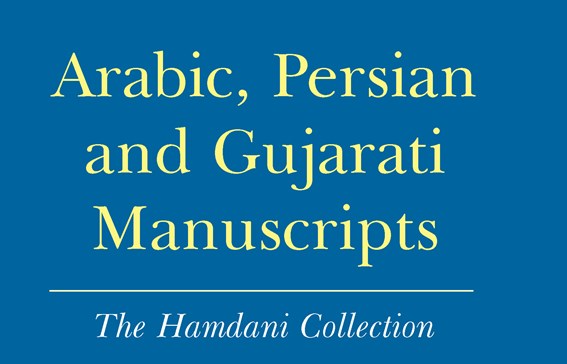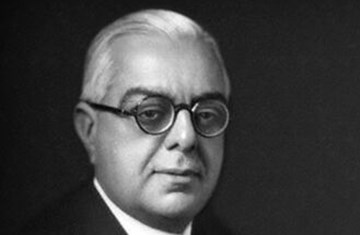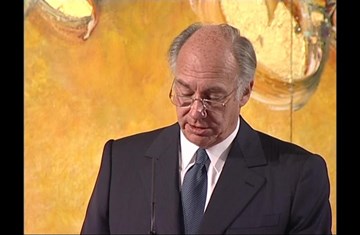The True Purpose of Education
The True Purpose of Education
Muslim Educational Conference
An Address at the Platinum Jubilee Ceremony
Sir Sultan Muhammad Shah Aga Khan
February 20, 1955 Cairo, Egypt
The assembly to his mind represented all that was best in the Muslims of India. It expressed that awakening sense of their fallen position after a glorious past; it expressed dissatisfaction with their present intellectual, moral and social position; and it expressed the longing desire to regain the intellectual freedom which Muslims enjoyed during the first two centuries of their era. Pessimism was not the force, said the Aga Khan, that had drawn them there that day. Pessimism in the Muslim world was nothing new: It had been, unfortunately, the dominant impulse in such intellectual life as Muslims had had during the last century. Pessimism dominated all modern Persian, Arabic and Turkish poetry. What but pessimism could explain those feverish but constant references to Andalus, to Seville, to Toledo, to Cordova. The forces that had made these annual conferences successful, nay a necessity for the Muslims of the day, were other than pessimistic.
Speaking of the blessing of the British rule, the Aga Khan said:
"I think I am right in saying that one of the forces that has drawn us willy-nilly into assembling here is a growing hopefulness and spirit of optimism amongst our coreligionists in India - a sense of hopefulness directly and entirely due to British rule. Providence has given us a government that guarantees justice; intellectual and religious liberty; personal freedom; a government that gives a clear field and no favour, that constantly, by its acts, reminds us that fitness is the only test, and that for the fit there are no artificial obstacles. We must, if we wish to lead, concentrate all our energies on acquiring those arts that prove fitness under civilised conditions. At last we see signs of dawn. At last we see the dim light of dawning reason. It will be hours yet - in the life of a people decades are but hours - before the sunshine of knowledge penetrates into our homes, but still we see the signs of dawn."







